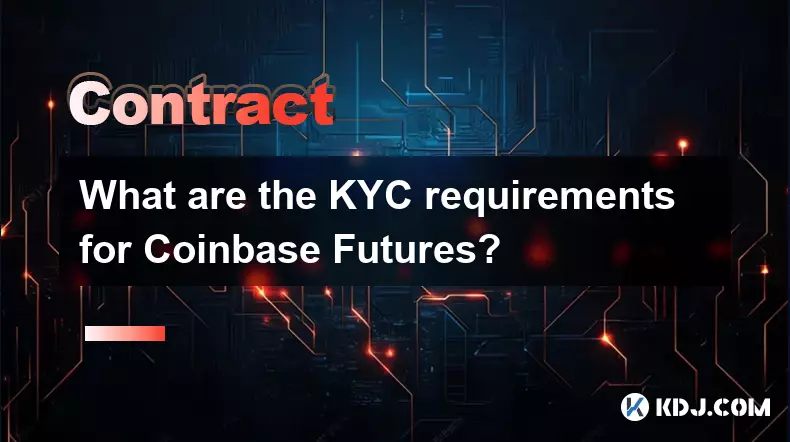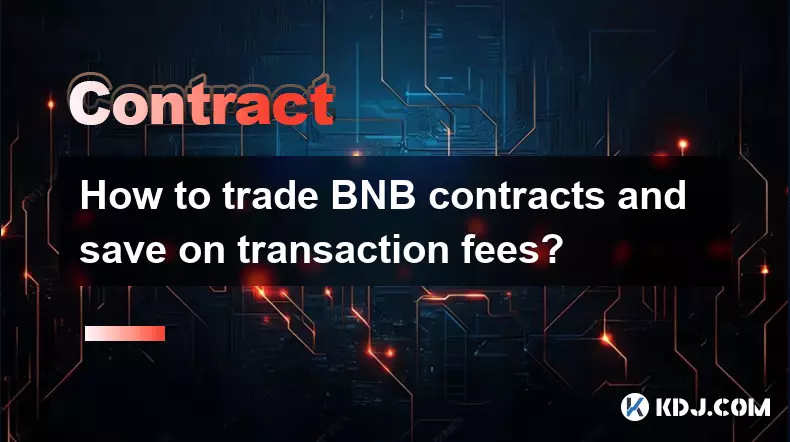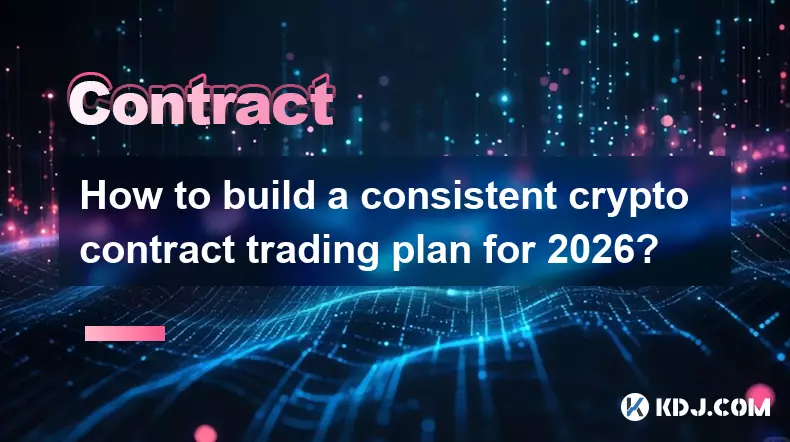-
 bitcoin
bitcoin $87959.907984 USD
1.34% -
 ethereum
ethereum $2920.497338 USD
3.04% -
 tether
tether $0.999775 USD
0.00% -
 xrp
xrp $2.237324 USD
8.12% -
 bnb
bnb $860.243768 USD
0.90% -
 solana
solana $138.089498 USD
5.43% -
 usd-coin
usd-coin $0.999807 USD
0.01% -
 tron
tron $0.272801 USD
-1.53% -
 dogecoin
dogecoin $0.150904 USD
2.96% -
 cardano
cardano $0.421635 USD
1.97% -
 hyperliquid
hyperliquid $32.152445 USD
2.23% -
 bitcoin-cash
bitcoin-cash $533.301069 USD
-1.94% -
 chainlink
chainlink $12.953417 USD
2.68% -
 unus-sed-leo
unus-sed-leo $9.535951 USD
0.73% -
 zcash
zcash $521.483386 USD
-2.87%
What are the KYC requirements for Coinbase Futures?
Coinbase Futures requires full KYC verification, including ID, address, and suitability checks, to comply with AML and CFTC regulations.
Sep 17, 2025 at 09:54 pm

KYC Requirements for Coinbase Futures
Coinbase Futures operates under strict regulatory frameworks that align with financial compliance standards in the jurisdictions it serves. As a platform facilitating futures trading on digital assets, it must adhere to anti-money laundering (AML) and counter-terrorist financing regulations. These requirements are enforced through a comprehensive Know Your Customer (KYC) process designed to verify user identities and ensure responsible trading practices.
User Identity Verification Process
- Users must provide government-issued identification such as a passport, driver’s license, or national ID card.
- The document must be valid, clearly legible, and match the name registered on the Coinbase account.
- Facial recognition technology is used during verification to confirm the person submitting the ID is the rightful owner.
- Users may be asked to submit a selfie holding their ID while performing specific actions to prevent spoofing.
- Verification time varies but typically completes within minutes, though manual review may extend processing.
Residential and Contact Information Validation
- A verified residential address is required, supported by recent utility bills, bank statements, or official government correspondence.
- Email addresses and phone numbers must be confirmed through active verification links or SMS codes.
- Discrepancies between provided information and third-party records can lead to temporary account restrictions.
- Users from sanctioned countries or restricted regions will not be permitted to access Coinbase Futures.
- Ongoing monitoring may prompt re-verification if significant changes in activity or location are detected.
Financial and Regulatory Compliance Checks
- Users must complete a suitability assessment before trading futures, confirming their understanding of derivatives risks.
- Proof of income or net worth may be requested to comply with eligibility thresholds for advanced trading features.
- Transaction history is monitored for suspicious patterns, triggering additional scrutiny when anomalies arise.
- Coinbase enforces adherence to FINRA and CFTC guidelines, requiring full transparency in user onboarding.
- Institutional clients undergo enhanced due diligence, including corporate documentation and beneficial ownership disclosure.
Common Questions About Coinbase Futures KYC
Q: Can I trade futures on Coinbase without completing KYC?A: No. Access to Coinbase Futures is only granted after successful completion of the full KYC verification process. Unverified accounts cannot engage in any futures trading activities.
Q: What happens if my KYC documents are rejected?A: If documents are unclear, expired, or inconsistent with account details, users receive specific feedback and are allowed to resubmit corrected materials. Persistent failures may result in permanent access denial.
Q: Does Coinbase store my personal identification data securely?A: Yes. Personal data is encrypted and stored using industry-standard security protocols. Access is limited to authorized compliance personnel and is never shared with third parties outside legal obligations.
Q: Are non-U.S. residents subject to the same KYC standards?A: While core verification steps remain consistent, regional regulations may require additional documentation or alternate ID types based on local compliance laws.
Disclaimer:info@kdj.com
The information provided is not trading advice. kdj.com does not assume any responsibility for any investments made based on the information provided in this article. Cryptocurrencies are highly volatile and it is highly recommended that you invest with caution after thorough research!
If you believe that the content used on this website infringes your copyright, please contact us immediately (info@kdj.com) and we will delete it promptly.
- MYX Rallies Amidst Market Weakness, But Concerns Remain for Sustained Momentum
- 2026-02-03 06:55:02
- Kaspa's $0.03 Brink: One Analyst Bets $100,000 on Fundamentals, Or Bust
- 2026-02-03 07:00:01
- Sleep Token Drummer II Dominates Drumeo Awards Amidst Grammy Nod and Album Success
- 2026-02-03 07:40:02
- Bitcoin Price Navigates Market Trends: Fed Fears, Institutional Shifts, and Tech's Double-Edged Sword
- 2026-02-03 04:40:02
- Get Your Game On: Fallout Trivia, Local Event, Free Drink – The Wasteland's Calling!
- 2026-02-03 04:35:01
- Get Your Nuka-Cola Fix: Fallout Trivia, a Stellar Local Event, Sweetens the Deal with a Free Drink!
- 2026-02-03 04:40:02
Related knowledge

How to close a crypto contract position manually or automatically?
Feb 01,2026 at 11:19pm
Manual Position Closure Process1. Log into the trading platform where the contract is active and navigate to the 'Positions' or 'Open Orders' tab. 2. ...

How to understand the impact of Bitcoin ETFs on crypto contracts?
Feb 01,2026 at 04:19pm
Bitcoin ETFs and Market Liquidity1. Bitcoin ETFs introduce institutional capital directly into the spot market, increasing order book depth and reduci...

How to trade DeFi contracts during the current liquidity surge?
Feb 01,2026 at 07:00am
Understanding Liquidity Dynamics in DeFi Protocols1. Liquidity surges in DeFi are often triggered by coordinated capital inflows from yield farming in...

How to use social trading to copy crypto contract experts?
Feb 02,2026 at 07:40am
Understanding Social Trading Platforms1. Social trading platforms integrate real-time market data with user interaction features, enabling traders to ...

How to trade BNB contracts and save on transaction fees?
Feb 03,2026 at 12:39am
Understanding BNB Contract Trading Mechanics1. BNB contracts are derivative instruments traded on Binance Futures, allowing users to gain leveraged ex...

How to build a consistent crypto contract trading plan for 2026?
Feb 02,2026 at 10:59pm
Defining Contract Specifications1. Selecting the underlying asset requires evaluating liquidity depth, historical volatility, and exchange support acr...

How to close a crypto contract position manually or automatically?
Feb 01,2026 at 11:19pm
Manual Position Closure Process1. Log into the trading platform where the contract is active and navigate to the 'Positions' or 'Open Orders' tab. 2. ...

How to understand the impact of Bitcoin ETFs on crypto contracts?
Feb 01,2026 at 04:19pm
Bitcoin ETFs and Market Liquidity1. Bitcoin ETFs introduce institutional capital directly into the spot market, increasing order book depth and reduci...

How to trade DeFi contracts during the current liquidity surge?
Feb 01,2026 at 07:00am
Understanding Liquidity Dynamics in DeFi Protocols1. Liquidity surges in DeFi are often triggered by coordinated capital inflows from yield farming in...

How to use social trading to copy crypto contract experts?
Feb 02,2026 at 07:40am
Understanding Social Trading Platforms1. Social trading platforms integrate real-time market data with user interaction features, enabling traders to ...

How to trade BNB contracts and save on transaction fees?
Feb 03,2026 at 12:39am
Understanding BNB Contract Trading Mechanics1. BNB contracts are derivative instruments traded on Binance Futures, allowing users to gain leveraged ex...

How to build a consistent crypto contract trading plan for 2026?
Feb 02,2026 at 10:59pm
Defining Contract Specifications1. Selecting the underlying asset requires evaluating liquidity depth, historical volatility, and exchange support acr...
See all articles










































































